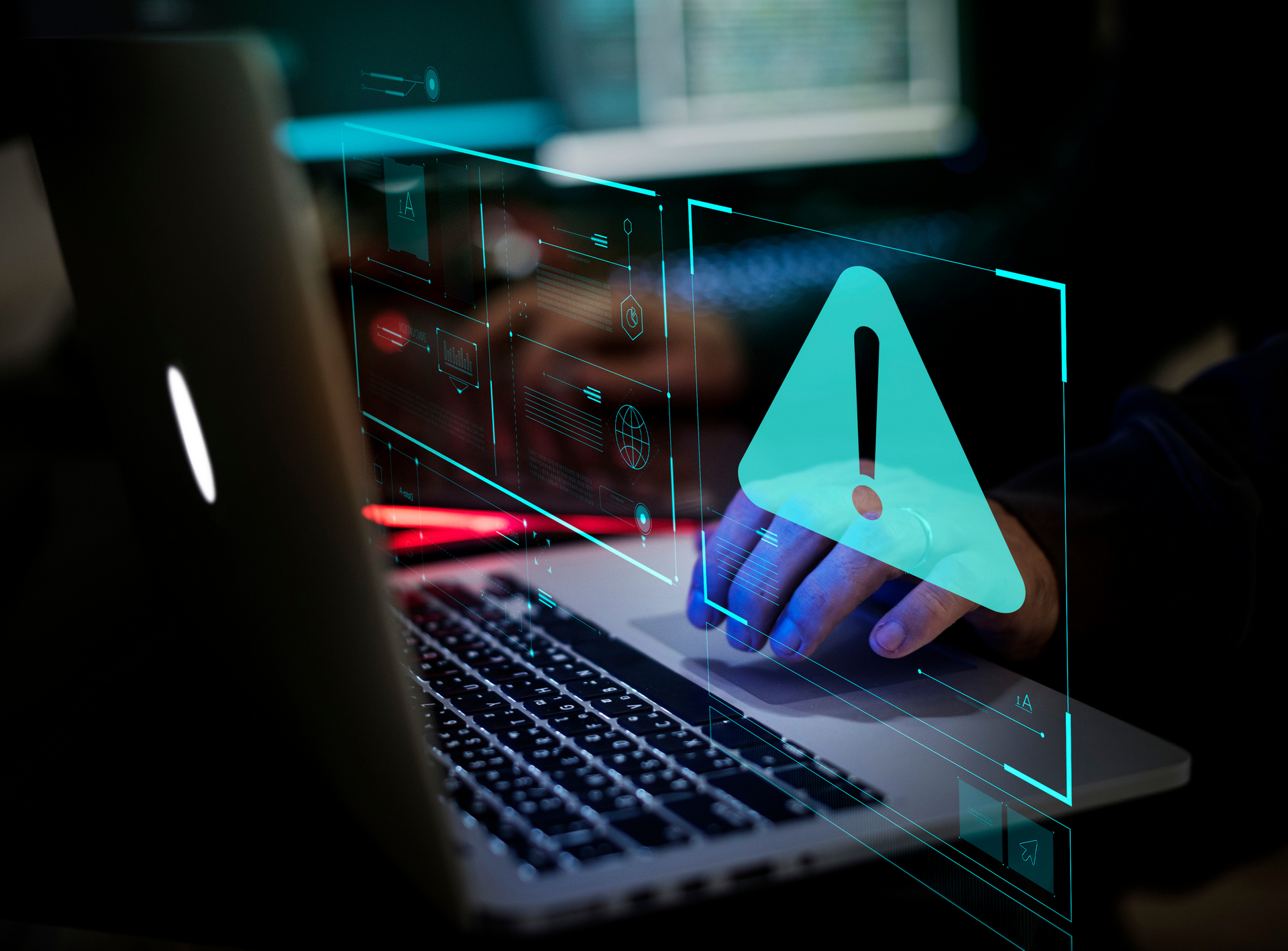
Hacker Alert – How to Differentiate Spam Email From Your Regular Email
Have you ever received an email from Netflix, Amazon, Paypal or a familiar company that shows that you made a transaction for $3,585.58 that you didn’t make? Phishing, or hacking, is unfortunately very common and so many people fall victim.
According to Proofpoint’s 2022 State of the Phish Report, 83% of organisations fell victim to a phishing attack last year.
According to the FBI, businesses lost $2.4 billion in 2021 to Business Email Compromise (BEC) scams.
This is a large, but very common, issue that can cost businesses thousands of dollars. So, how do we differentiate a real email from a phishing or malware email?
1. Look at the senders email address – Hackers do a great job of mimicking the company name, logo, header, and footer, and making the email look like it’s from a specific company. When you receive these emails, look at the senders email address – if it isn’t straight from the company itself, it may be spam. Sometimes the sender has an email with a combination of letters and numbers instead of a company email. Also, if the email contains gmail.com or yahoo.com instead of a business name, it could also be spam.
2. Look for misspellings and punctuation errors – Professional companies don’t often have misspellings and punctuation errors in their emails. Every once in awhile it will happen but typically with phishing emails, you will want to look for misspellings of the company name, sentences that don’t make sense, and additional punctuation throughout the email.
3. Don’t click on or download a file if you don’t know who the sender is – Typically a file that comes through an email without any background information, is spam. If it’s a file you don’t recognize, you can reach out to the original sender to make sure it’s safe to download. Clicking on a file that you don’t recognize could lead to your personal information being hacked and stolen. This could lead to your personal and business accounts being compromised.
4. Install an anti-virus program – By installing an anti-virus program, you are able to catch viruses immediately and you are able to lower your risk of being a victim to cyber threats.
We hope this list helps you with differentiating your regular email from a phishing, or spam, email. Be cautious on who you share your personal information with. By taking a few extra steps, it is minimizing risk and protecting your law practice, your assets, and security within your firm.
Abbie Guerrero
Assistant Marketing Manager/Resource Advisor
Abbie joined the Atticus team in 2021 with more than a decade of digital marketing experience. She is results driven and has an extensive background in content creation, lead generation, understanding the customer development process, solving problems, and advertising. She is an expert at building relationships and sets high quality expectations. She loves to set and exceed personal and professional goals.
Abbie is currently the Resource Advisor for Atticus livestream webinars and workshops. In addition to her Resource Advisor role, she is the Assistant Marketing Manager. In this role she leads the strategy for digital marketing, creates content for weekly newsletters, all advertising campaigns and executes many ad hoc marketing projects.
Abbie has her bachelor’s degree in Marketing from Utah Valley University. She is a blogger and published author and enjoys spending time with her family in both Utah and California.



No Comments
Sorry, the comment form is closed at this time.